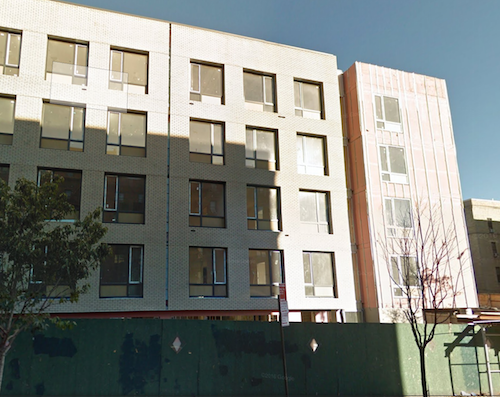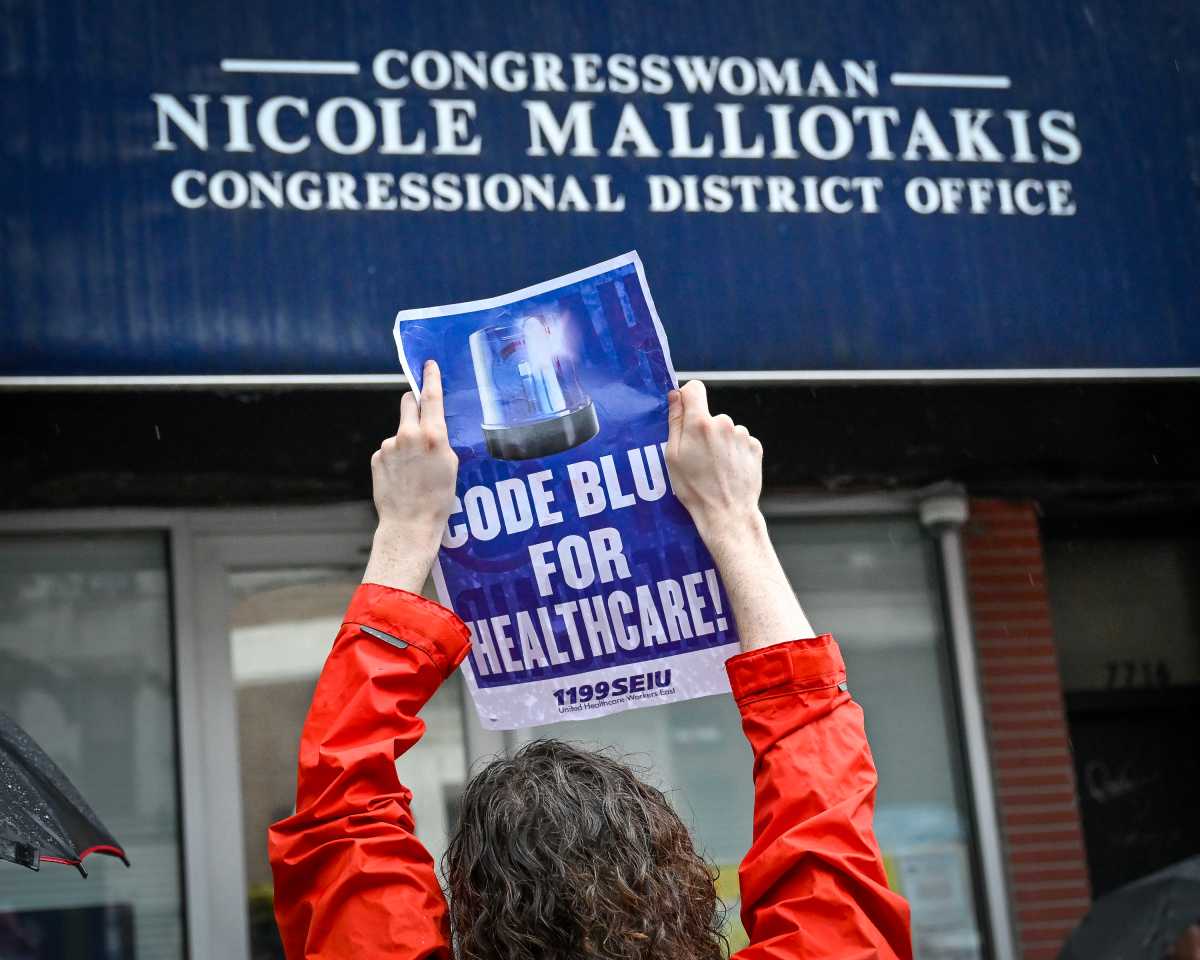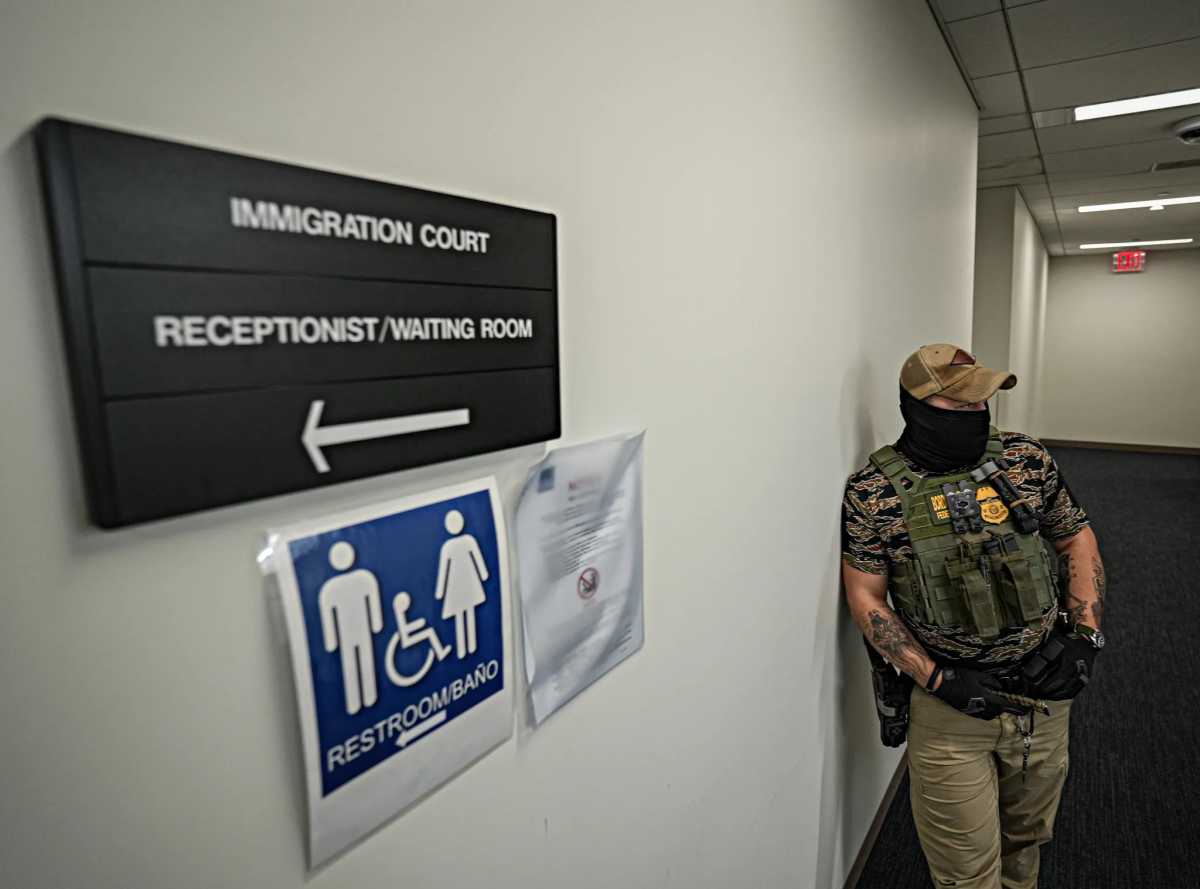It is highly ironic that the local progressive community and so called advocates against gentrification are the most vocal opponents of the new shelter slated to open on Rogers Avenue in Crown Heights. According to the City, this shelter will house approximately 132 displaced Crown Heights families currently residing in Brooklyn, Queens, Manhattan, and the Bronx. Some of these families commute to the neighborhood every day so that their children can continue their schooling in Crown Heights.
The community thought that the project was a luxury apartment building where gentrifiers and outsiders would reside in overpriced apartments. Instead the facility will consist of a shelter occupied by over a hundred displaced families who will be returning to their home community. One would expect this to be hailed as a great victory for those fighting to preserve the neighborhood and protect its long term residents.
This is not to deny that there are legitimate concerns about the project. Crown Heights is home to a disproportionate number of shelters. The community needs clarification on the location selection process and an explanation as to why the first three of the City’s new shelters are going up in an already over-saturated area. This appears to be a far cry from the Mayor’s pledge to give each neighborhood its “fair share” of shelters.
Public schools are bursting at the seams. We need assurance from the Department of Education that there will be space to accommodate all the new students. But more importantly, the schools are going to need resources for counseling and other student assistance programs.
In addition, the shelter has to be 100% permanent housing and not transient housing. This will help guarantee that the complex remains a shelter for displaced families from the community. Otherwise, there’s nothing stopping the City tomorrow from turning the property into a facility for male offenders from across New York.
Regardless, the harsh rhetoric must stop immediately. These displaced families, many of whom are reading the negative online comments, have already suffered enough pain and anxiety. If the verbiage isn’t toned down, the families who eventually live in the shelters are almost guaranteed not only to feel stigmatized but also to suffer harassment and intimidation from their neighbors and classmates.










